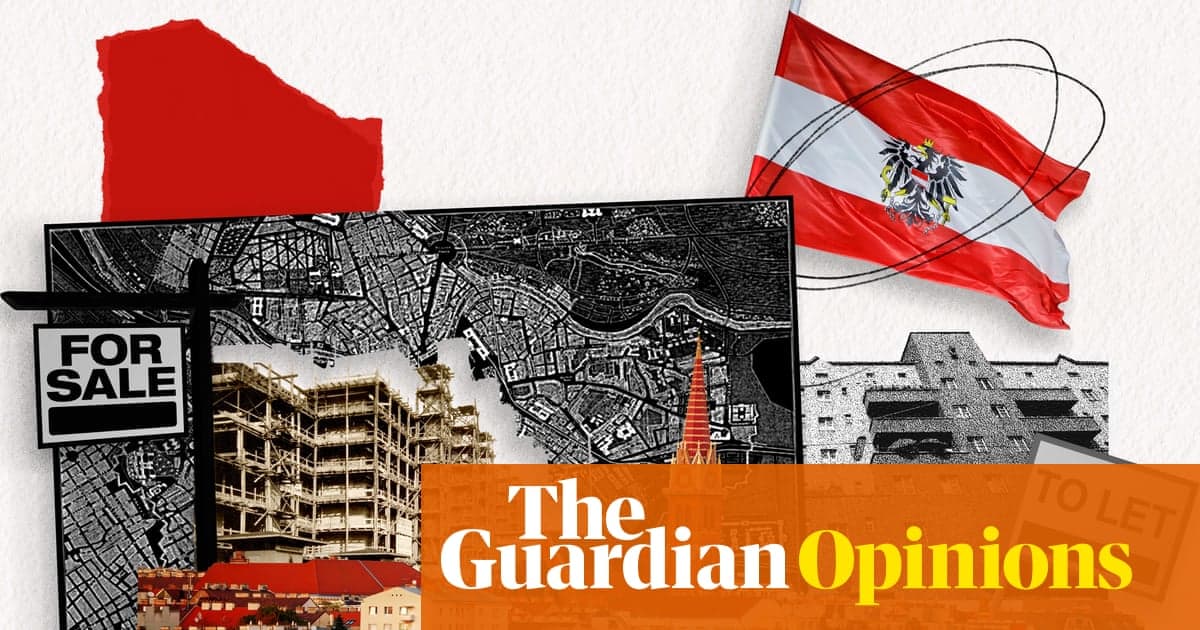Vienna as a Renters’ Utopia 🌍
Vienna is increasingly recognized as a model for sustainable housing policies in Europe. The Austrian capital boasts a substantial social housing sector that significantly contributes to its reputation as a "renters' utopia." Approximately 43% of the city's one million housing units are dedicated to social housing, with around half owned by the municipality and the other half managed by limited-profit housing associations. These associations are permitted to generate modest profits, ensuring the sustainability of their operations while catering to a wide range of income levels, including middle and upper-middle-class households.
Lower Rent Levels and Improved Quality 💰
One of the most notable advantages of Vienna's social housing sector is its impact on rent levels. Newly rented units within the social housing sector cost about 30% less than those in the private rental market, making it significantly more affordable for residents. Furthermore, the quality of housing in the limited-profit sector is often higher compared to private rentals. This lower-cost social housing also helps keep private sector rents in check, creating a more stable market for all.
Historical Context of Social Housing 🏛️
The origins of Vienna's social housing policies date back to the municipal socialism of the 1920s, when the Social Democratic Workers' Party implemented initiatives to improve living conditions for the working class. These policies were financed through progressive taxation and played a crucial role in the city's development. Although the construction of council housing has declined since the 1980s, the limited-profit housing sector has continued to grow, ensuring that social housing remains a priority.
Stability Amidst Challenges ⚖️
Vienna's social housing sector has demonstrated remarkable stability compared to other major European cities, such as London and Berlin, where privatization has led to significant declines in affordable housing stocks. While the early 2000s saw some federally owned housing sold to financial investors, the impact on Vienna's housing market has been minimal. The introduction of a right-to-buy program in the 1990s allowed some tenants to purchase their homes, but many chose to continue renting, contributing to the stability of the sector.
Accessibility Issues 🚪
Despite its advantages, the social housing system in Vienna faces challenges related to accessibility. The allocation process is highly bureaucratic, requiring applicants to navigate a waiting list based on their housing needs and income. This complexity can disadvantage newcomers and those unfamiliar with the system, as existing residents may have an advantage in securing housing. Additionally, some housing associations require down-payments, which can present a financial barrier for potential tenants.
Evolving Landscape of Housing 🏘️
Over the past three decades, Vienna's social housing sector has evolved significantly. Once criticized for offering low-quality, strictly regulated housing, the sector has undergone substantial upgrades since the 1980s. However, the deregulation of the Tenancy Act has allowed for greater flexibility in rent-setting, leading to some loss of inexpensive housing options, particularly for newcomers.
Conclusion: Policy Matters 📈
Vienna's experience underscores the importance of long-term commitment to social housing policies. By prioritizing affordable housing as a fundamental need, the city has successfully created a sustainable housing regime involving various stakeholders, including policymakers, developers, and housing associations. Cities across Europe seeking to improve their housing policies can learn valuable lessons from Vienna's approach to social housing.
